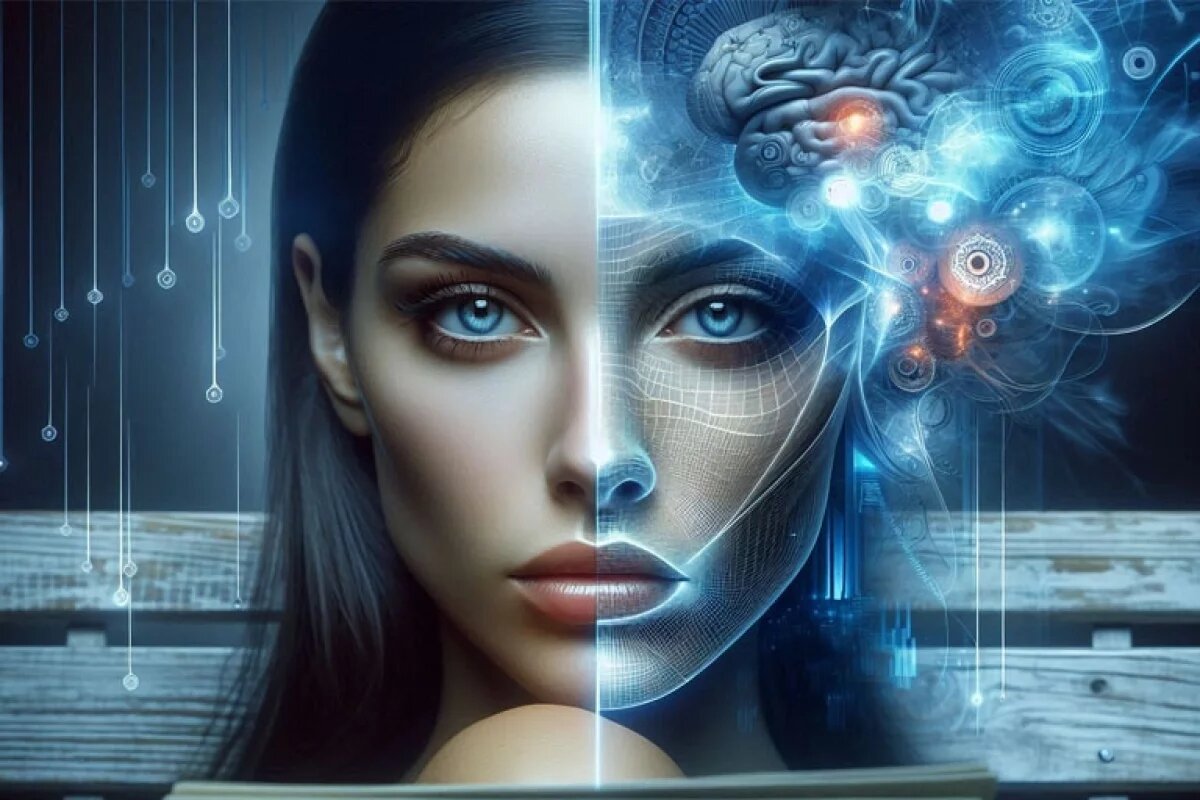Most people are familiar with the sudden and frightening feeling that the current situation has already happened before.
This phenomenon, known as déjà vu, has long remained a mystery, but modern science is gradually finding explanations, linking it to subtle processes of memory and brain function rather than mysticism or time travel.
Up to 70% of people experience this strange feeling that you have already lived through this moment, even though you know for sure that this has not happened. The phenomenon of déjà vu, which translates from French as ‘already seen,’ seems so inexplicable that it is often associated with paranormal phenomena. However, neuroscientists and psychologists claim that it is simply the result of the complex workings of our brain. According to Professor Sam Berkowitz, a clinical neurologist from Australia, déjà vu is a completely normal phenomenon and represents a kind of glitch or deception of memory that we are aware of.
Studying déjà vu is difficult due to its ephemeral nature, but the key to unravelling it was found in the study of patients with epilepsy. In such people, an intense feeling of déjà vu sometimes serves as a precursor to a seizure, indicating an electrical discharge in the hippocampus, the area of the brain deeply responsible for memory. Scientists have even been able to artificially reproduce this sensation by stimulating this area in patients. Professor Berkovich explains that in healthy people, similar but less intense discharges can cause everyday déjà vu.
The ephemeral nature of déjà vu makes it difficult to study, so scientists cannot say for sure what causes it.
On the other hand, psychological research suggests looking at déjà vu as a manifestation of a kind of ‘sixth sense’ based on subconscious information processing. He was prompted to study this phenomenon by a case involving a student who confidently assumed that her friend had been in an accident, even though there were no visible reasons for this.
She considered it to be a sixth sense. To test this, the professor conducted an experiment. Participants were shown two almost identical photos of the same person with minor changes. People could not say what exactly had changed, but they clearly saw that there was a difference. This proves that the ‘sixth sense’ is often the result of the subconscious mind, which picks up subtle details that we are not clearly aware of. The brain notices much more than we think.

Unlike the fleeting déjà vu experienced by healthy people, in epilepsy this state is more prolonged and vivid.
A similar process may underlie déjà vu. A familiar feeling arises when the brain encounters a situation that has subtle, unconscious connections to past experiences. You cannot identify the source of the memory, but the general statistical feeling of the scene evokes an eerie sense of recognition. Research by psychologist Akira O’Connor of the University of St Andrews has added another layer to this picture. Using MRI, he found that during déjà vu, the frontal lobes of the brain, which are responsible for resolving conflicts in memory, are activated. This suggests that déjà vu may be the result of the brain’s attempt to check and resolve the discrepancy between the imagined and real memories.
Thus, at the moment of déjà vu, the brain works in a very complex way, processing huge amounts of information and sometimes malfunctioning. As Professor Berkovich concludes, this is further evidence of the incredible complexity and power of the human inner world.





